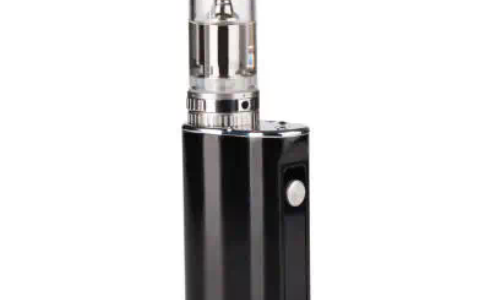Understanding Casey’s Code in the Context of Vaping
In the evolving landscape of vaping, “Casey’s Code” represents a pivotal framework for understanding various aspects of e-cigarette technology and user behavior. Here are ten significant elements that form the foundation of Casey’s Code in the vaping community.
1. Device Types
There are primarily three types of vaping devices: cigalikes, vape pens, and box mods. Cigalikes resemble traditional cigarettes, offering a discreet option for users. Vape pens serve as an intermediate choice, while box mods provide advanced features for experienced vapers seeking customization and power.
2. E-liquid Components
The composition of e-liquids typically includes five main components: propylene glycol, vegetable glycerin, flavorings, nicotine, and distilled water. Understanding these components is crucial for users to make informed choices about their vaping experience.
3. Nicotine Levels
Nicotine concentration in e-liquids can vary greatly, generally ranging from 0 mg to 36 mg per milliliter. Users should select their preferred levels carefully, as it directly impacts satisfaction and cravings.

4. Flavor Diversity
The world of e-liquids boasts an impressive variety of flavors. Users can find options ranging from traditional tobacco to exotic fruits and desserts. Significant research indicates that the appeal of flavors plays a crucial role in user engagement and cessation efforts.
5. Usage Modes
There are distinct usage modes prevalent among vapers: social vaping, habitual vaping, and quitting support. Social vapers enjoy the communal aspect, while habitual vapers integrate vaping into their daily routines. Additionally, many users turn to vaping as a means to quit smoking, relying on it for support during their cessation journey.
6. Battery Technology
Battery technology is vital in enhancing the performance of vaping devices. Most vape devices use lithium-ion batteries, and understanding their capacity and safety ratings is essential. Users should prioritize batteries with protection circuits to ensure safe vaping experiences.
7. Coil Resistance
Coil resistance significantly impacts vapor production and flavor intensity. Common coil resistances range from 0.1 to 3.0 ohms. Vapers should choose coils that complement their device and preferred vaping style, whether direct lung inhaling or mouth-to-lung puffs.
8. Vaping Etiquette
In public settings, adherence to vaping etiquette is crucial. Vapers should be mindful of those around them and avoid excessive cloud chasing in enclosed spaces. Respecting the preferences of non-vapers will promote a harmonious coexistence within communal environments.
9. Regulatory Landscape
The regulatory landscape for vaping is continuously evolving. Different regions have established specific regulations surrounding the sale and distribution of vaping products. It is essential for users to stay informed about local laws and regulations to ensure compliance and promote safe usage.
10. Community Engagement
Community engagement plays a significant role in the vaping culture. Online forums and social media platforms allow vapers to exchange knowledge, experiences, and product recommendations. This sense of community fosters a supportive environment and enhances the overall vaping experience.
Conclusion
Casey’s Code illustrates the multifaceted nature of vaping, encompassing essential components such as device types, nicotine levels, and community engagement. As the vaping industry continues to grow and evolve, understanding these ten elements will empower users to make informed decisions and foster a healthier vaping culture. Embracing this knowledge enhances individual experiences while emphasizing responsibility and respect within the vaping community.




